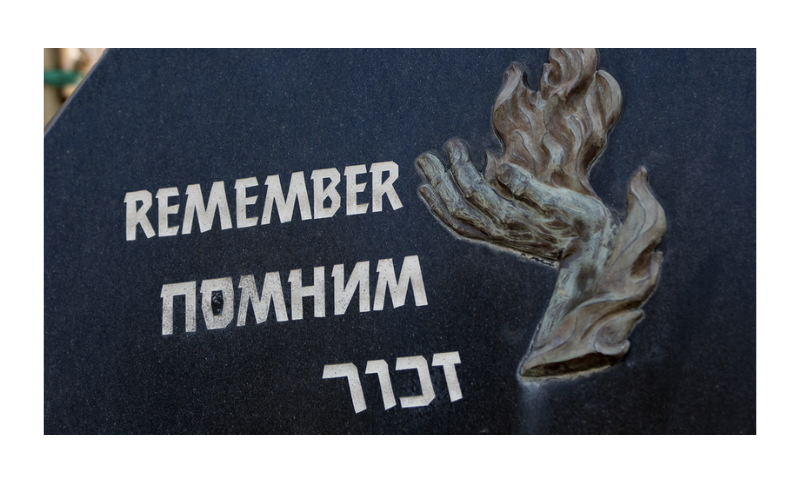Gil Troy
WSJ, Apr. 14, 2023
“It was my good fortune to be born in this free and glorious country, where children may laugh and play and have real happiness.” Irwin envisioned “a world of liberty and justice” where “the homeless Jewish wanderers must be given the right to live the life of a free nation in the Land of Israel.”
Eighty years ago, my uncle Irwin Gerson celebrated his bar mitzvah in the Bronx. It was March 27, 1943, and World War II was raging. In his speech—which his granddaughter recently discovered in his files while working on an oral-history project with him—he admitted that he felt odd rejoicing “against a background of blood and tears, a ruined world.” He emphasized that “the enemy has undertaken the total annihilation . . . of our people.” Irwin’s words belie the claim that Americans didn’t know about the Nazi war against the Jews.
On Tuesday, when the memorial siren wails for Yom HaShoah, Holocaust Remembrance Day, Israelis will put aside political differences to mourn together. Americans can learn from this moment and from this brief speech by a 13-year-old who knew he won the historical lottery: His parents escaped Eastern Europe to the Goldene Medina, the still-golden land, of America.
“On this solemn and sacred day of my Bar Mitzvah,” Irwin said, “I humbly declare” that “I am conscious of my Jewish tradition.” That consciousness included admiring “the children of the Nazi-held lands” who displayed “unflinching heroism” amid “persecution, hunger, homelessness.”
He couldn’t have known that five days earlier, the Germans had inaugurated Auschwitz-Birkenau’s first gas chamber. But he knew this much: “Words fail to convey the horror of the tragedy that has befallen our people over there.”
Yet the occasion was too festive—and Irwin too American—to wallow in sorrow. “It was my good fortune,” he said, “to be born in this free and glorious country, where children may laugh and play and have real happiness.” Irwin envisioned “a world of liberty and justice” where “the homeless Jewish wanderers must be given the right to live the life of a free nation in the Land of Israel.”
… [To read the full article, click here]


